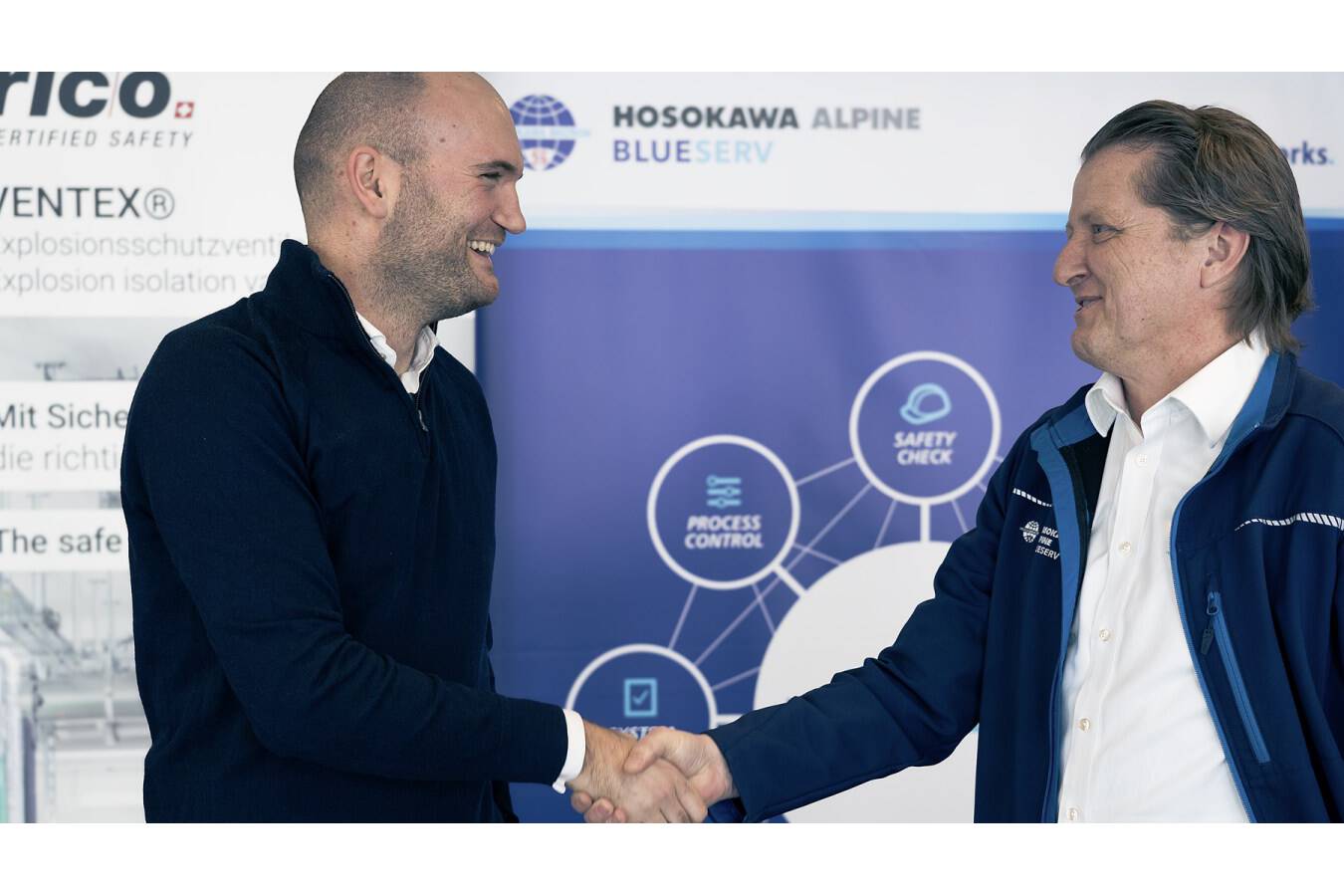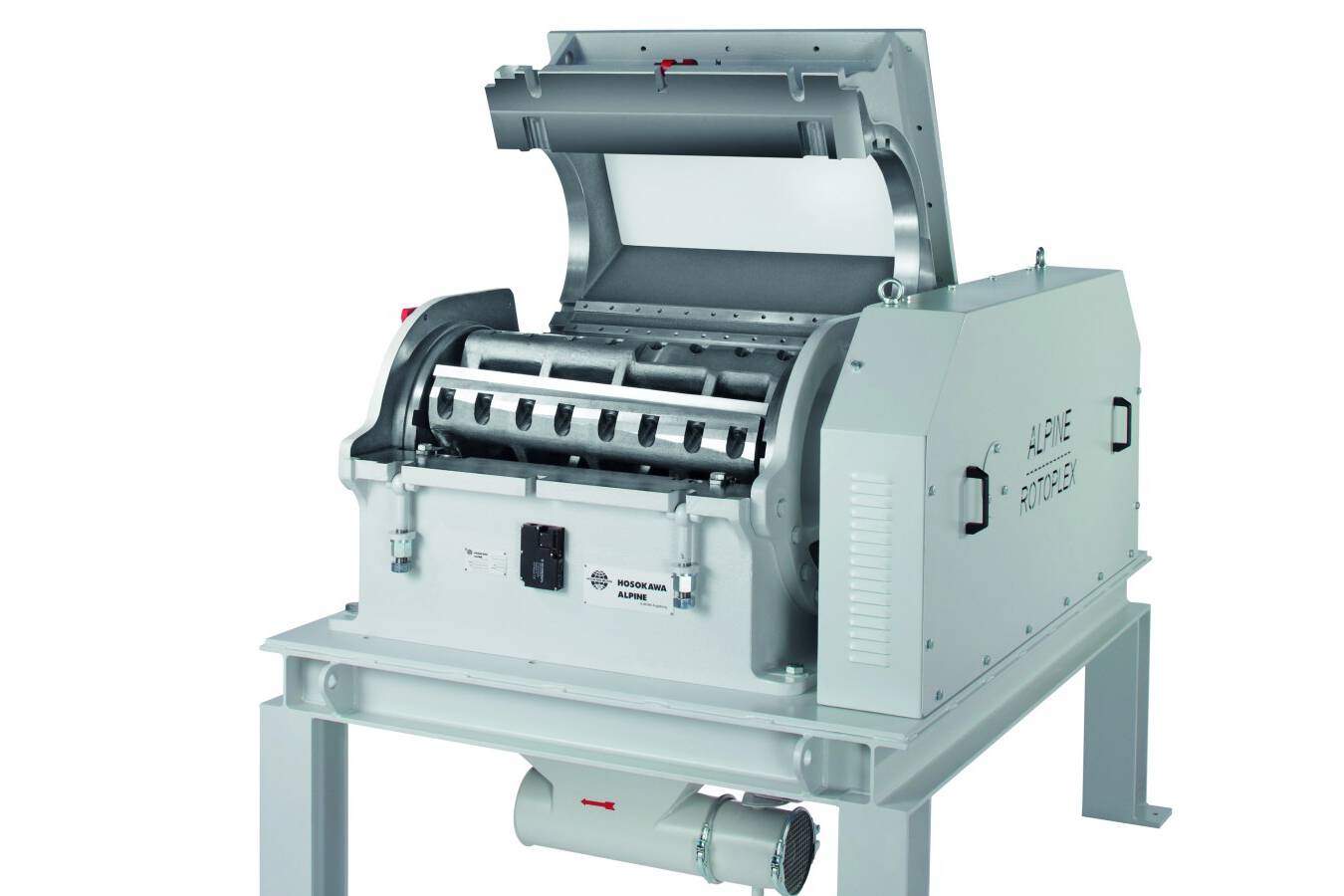Hosokawa Alpine: Process solutions for magnets made from rare earths
The Augsburg-based machine and plant manufacturer Hosokawa Alpine is focusing on processing rare earths for permanent magnets in various applications.
Hosokawa Alpine, a global leader in process technology, is expanding its innovative solutions in the processing of rare earths. The materials are then used in high-performance electric motors and other cutting-edge applications. The company is therefore making an important contribution to advancing issues such as electromobility, aviation and wind turbines.
High-quality magnets made from rare earths for innovative applications
Rare earth magnets, especially neodymium iron boron (NdFeB) and samarium cobalt (SmCo) alloys, are essential components for electric motors used in electric vehicles, household appliances and industrial machinery. They also play an important role in electronics, medical devices (MRI) and renewable energy technologies. However, new challenges will have to be overcome if the increasingly important rare earths are to be processed with precision.
Hurdles in processing rare earths
’At Hosokawa Alpine, we are working hard to expand our AFG-R jet mill to meet the growing demands of the market,’ explains Yener Bicakci, Sales Manager at Hosokawa Alpine. ’The recovery of used magnets poses a few special challenges, as recyclates in the ultra-fine range are often contaminated with oxygen, carbon and other foreign substances. Our technologies make it possible to reduce the ultrafine particle content to a minimum, thereby maximising the quality of the recycled materials,’ continues the rare earth expert.
Proven method in rare earth processing.
The AFG-R fluidised bed opposed jet mill from Hosokawa Alpine has established itself as the benchmark for processing NdFeB alloys. A steep particle distribution and high fineness of d50 < 3-5 µm as well as sealed operation with inert gases such as nitrogen or argon ensure the precise and safe processing of pyrophoric materials. The AFG-R can also be scaled from laboratory to large-scale production with high throughputs of up to 250 kg/h. This produces a pure product – free from contamination – and minimises the amount of production waste.



